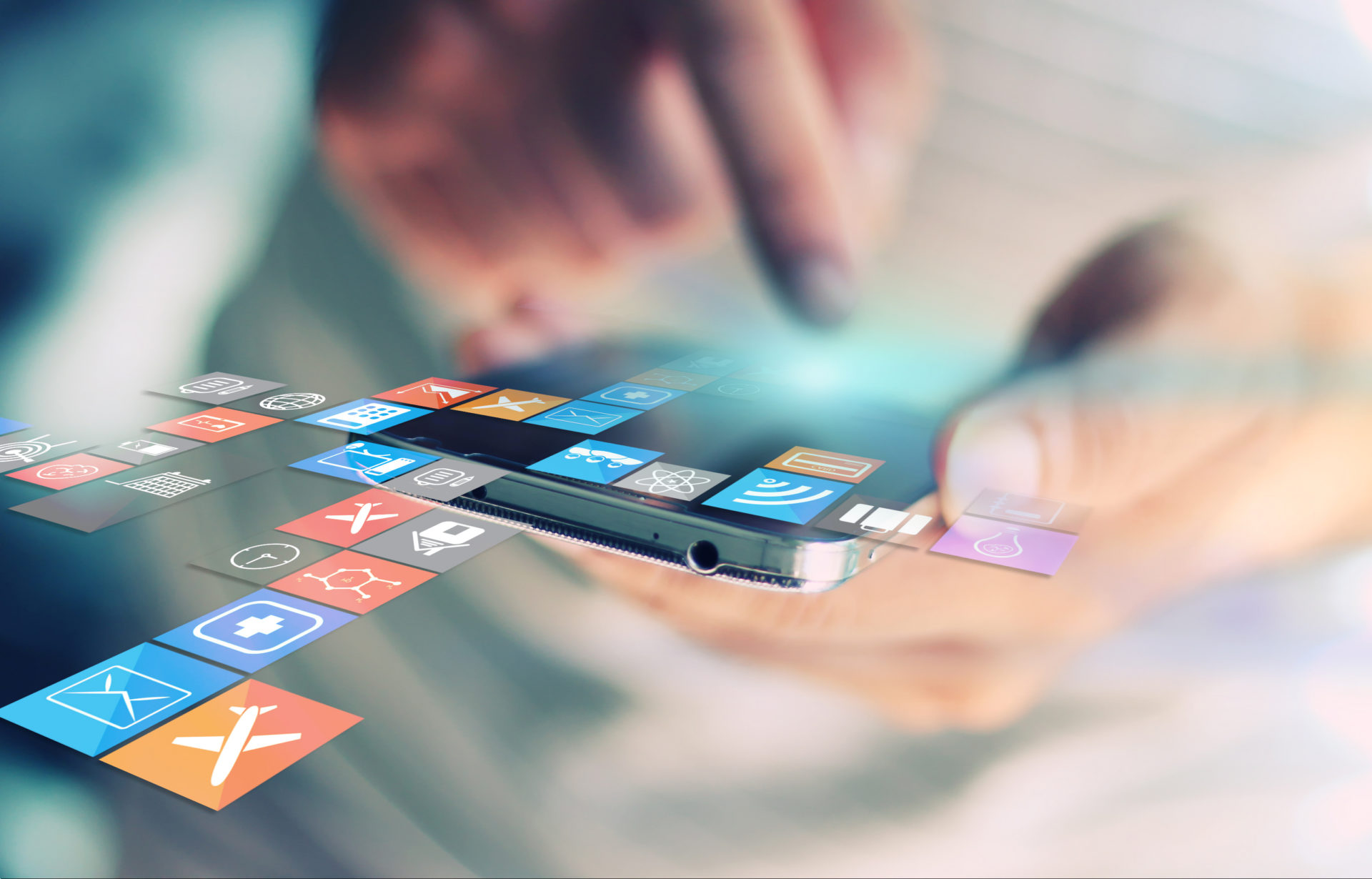



Social interaction and life in Watopia
“It is no secret that exercise makes us feel good. It’s simple science: exercising creates endorphins and endorphins make us happy. On the most basic level, Peloton sells happiness.”
While this is a bold claim, and additionally of questionable relevance in an IPO filing, a company’s focus on customer satisfaction is arguably a rational one. Particularly today though, we think businesses built around social interaction (rather than exercise) offer a much more powerful proposition.
In 1938 scientists began tracking the health of 268 Harvard sophomores. This study subsequently expanded to additional participants and, further still, to study their offspring. Still running to this day, it is probably the world’s longest continuous study on adult life. The key finding: the quality of our relationships (both with friends and family) has a very powerful influence on our health and happiness. Robert Waldinger, director of the study said “taking care of your body is important, but tending to your relationships is a form of self-care too”.
It is of little surprise therefore that businesses have tapped into such social desires. Pubs, cafes, bars and restaurants all offer more than just food and drink, but more critically, provide a venue to interact. Companies that have gone one step further – with scalable, digital business models have become some of the world’s most valuable and this is particularly apparent today, as physical interaction is put on pause.
Despite its critics, I see Facebook as the canvas of my community, facilitating help between the fortunate and those in need. I see Google stepping up in online education, TikTok for break-time and Fortnite for after ‘school’. Tinder meanwhile brings together yet another audience, though I doubt there will be many first dates any time soon.
Why should we wait until 10pm to hear the news, when Twitter is immediate and unparalleled with millions of reporters? And beyond convenience and interaction, it offers empowerment too, giving both a voice and an audience.
Yes, social media isn’t perfect, as the goal of connecting and protecting relationships is no guarantee. For example, Instagram’s toxic ‘requirement to glamourise’ ironically leaves a lot to be desired.
On balance however – and particularly in challenging times such as these – surely though, aren’t we better off with than without these services? As for me, I’m certainly thankful to Zwift, as while Watopia might not be as good as the open road, a group ride there, will do just fine for now.
